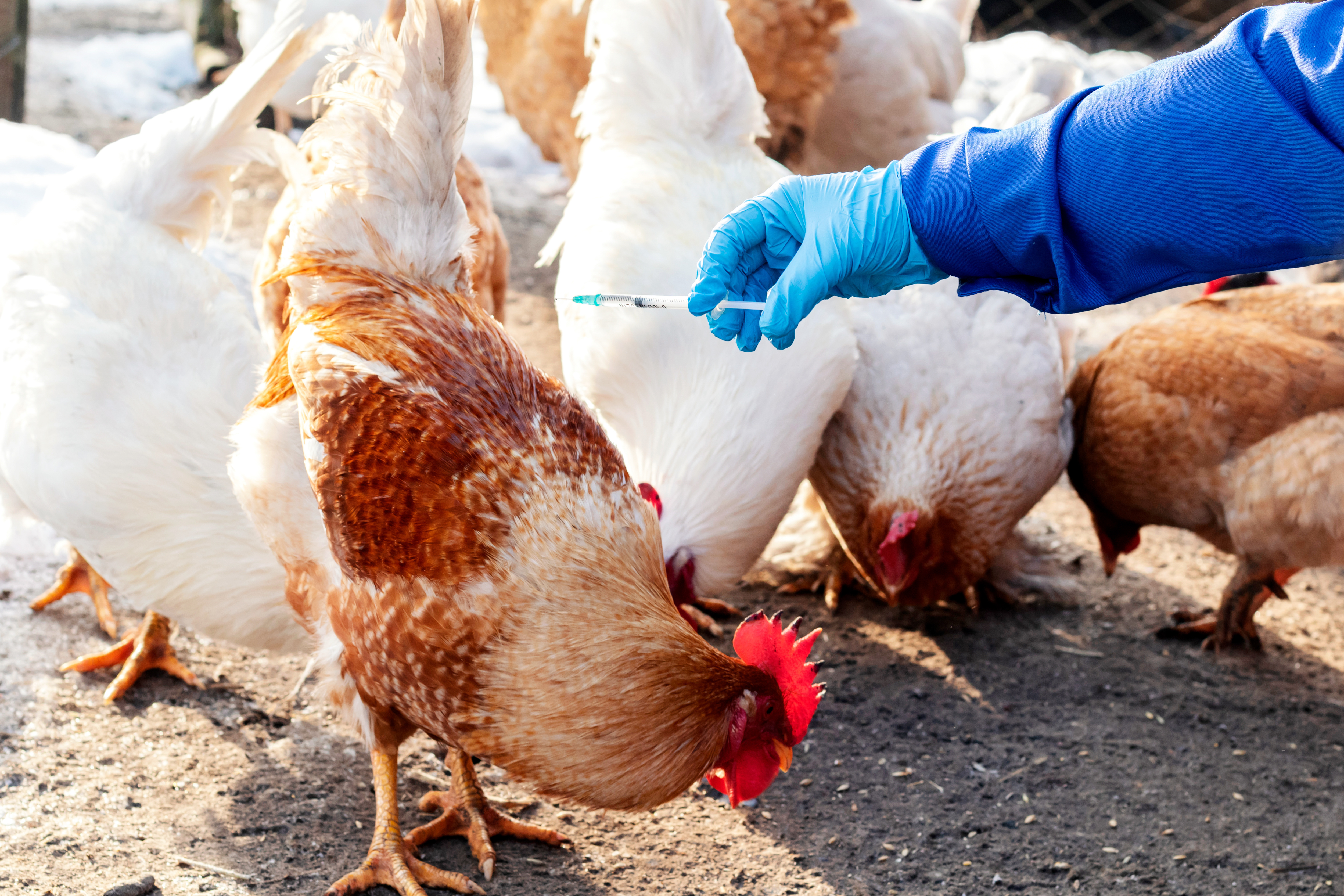



Bird flu cases reported at small UK farm
UK Veterinary authorities have identified a H5N2 outbreak of bird flu at a small commercial farm near Deal in Kent, but say that this outbreak is unrelated to the cases emerging in Cheshire.Avian influenza of the H5N2 strain has been confirmed in at a small commercial premises near Deal in Kent on 2 November.
All 480 birds on site will be humanely culled to limit the spread of the disease. A 1km Low Pathogenic Avian Influenza (LPAI) Restricted Zone has also been put in place around the infected farm to limit the risk of the disease spreading.
The advice from Public Health England (PHE) is that the risk to public health from the virus is very low and the Food Standards Agency has made clear that bird flu does not pose a food safety risk for UK consumers. Thoroughly cooked poultry and poultry products, including eggs, are safe to eat.

Chief Veterinary Officer Christine Middlemiss said
"Avian flu has been confirmed at a small commercial premises in Kent. Immediate steps have been taken to limit the risk of the disease spreading and all remaining poultry and captive birds at the farm will be culled.
Public Health England has confirmed that the risk to public health is very low and the Food Standards Agency has said that bird flu does not pose a food safety risk for UK consumers. There will be no impact on food supply as this business does not supply poultry meat or eggs to the commercial food chain."
A detailed investigation is in progress to determine the most likely source of this outbreak.
Wild birds migrating from mainland Europe during the winter period can spread the disease to poultry and other captive birds. There are some simple measures that all poultry keepers, whether they are running a large commercial farm, keeping a few hens in their back garden, or rearing game birds, should take to protect their birds against the threat of avian flu.
These include
- Keeping the area where birds live clean and tidy, controlling rats and mice and regularly cleansing and disinfecting any hard surfaces
- Cleaning footwear before and after visits
- Placing birds’ feed and water in fully enclosed areas that are protected from wild birds, and removing any spilled feed regularly
- Putting fencing around outdoor areas where birds are allowed and limiting their access to ponds or areas visited by wild waterfowl
- Where possible, avoid keeping ducks and geese with other poultry species.
The UK has remained free of highly pathogenic avian influenza since September 2017. A low pathogenic H5N3 strain of the disease, which poses no threat to human health, returned in December 2019 and was quickly dealt with by Government action. The UK declared itself free from avian influenza H5N3 in June.
Further information on how to help prevent the spread of the disease can be found here.









